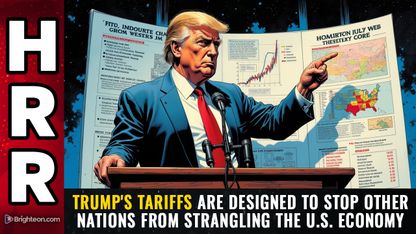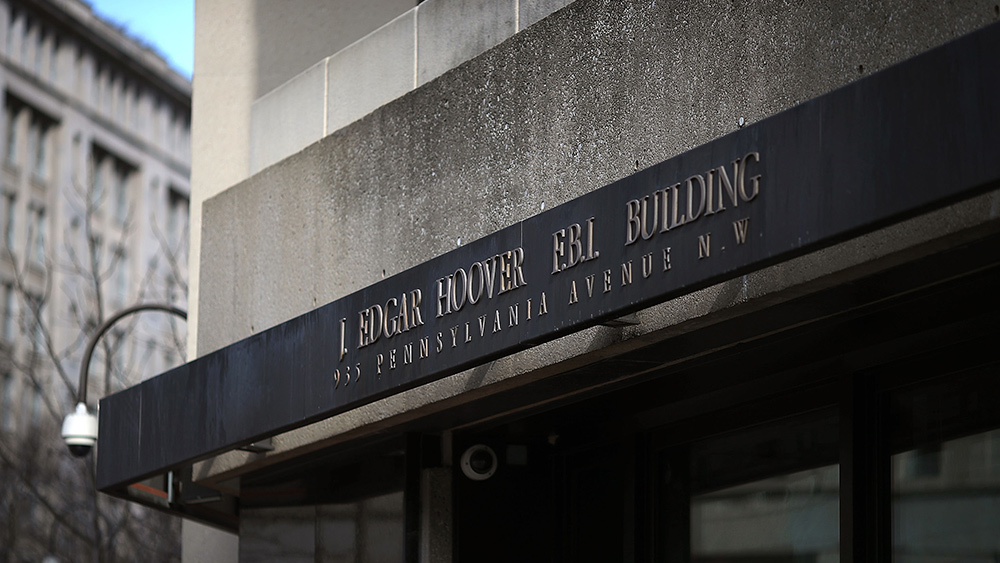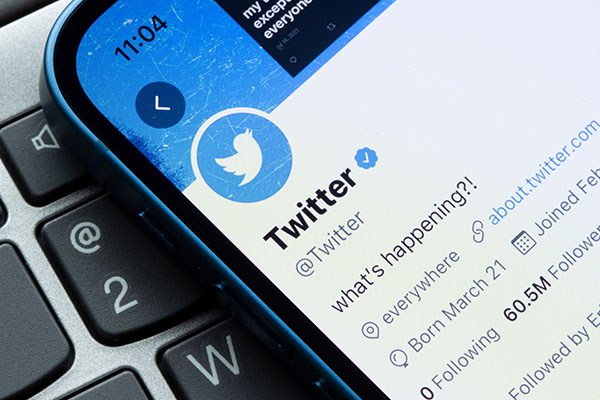
Amy Chang Chien and Amy Qin, writing for The New York Times, published a story the other day openly criticizing China for its crackdown on the social media app Clubhouse. Chinese people had begun to use the open forum to talk about prohibited subjects like the Uyghur Muslim genocide.
Suddenly, people living in China were able to communicate with people living in Taiwan, all thanks to Clubhouse. The party did not last too long, though, as the Chinese Communist Party (CCP) intervened and put a stop to it.
Clubhouse, Chien and Qin explain, gave Chinese people a unique opportunity "to discuss contentious topics, free from the usual constraints of the country's tightly controlled internet."
Within days, the Chinese censors made their move and cut off mainland China from communicating with Taiwan via the app. Many mainland users reported receiving error messages when attempting to use Clubhouse, which is similar to what happened when Parler was shut down here in the United States.
Thanks to China's intervention, Chinese people are now only able to access the Clubhouse platform by using a virtual private network (VPN) to tunnel through the Great Firewall.
"To many users in mainland China, it was (a) brief window into an unfettered social media," Chien and Qin explain.
"Under China's leader, Xi Jinping, the government has been ramping up its efforts to assert near-total digital control over what its citizens read and say online. Government-paid commenters and nationalist trolls frequently flood Chinese social media with propaganda and vitriolic messages that make it difficult to have open, public discussions about topics deemed sensitive by the government."
When America becomes communist China, will the media finally speak up?
While it is commendable that Chien and Qin are addressing the issue at length, where were they the past several years when Facebook, Twitter, Amazon, Apple, Google and YouTube started aggressively doing the same thing to Americans?
There are now so many topics that are off limits on traditional social media that we might as well be living in communist China. And yet the Times and nearly all other mainstream news outlets have nothing to say about it.
The great thing about Clubhouse that made it an especially useful tool for people living in China is that it has audio chatrooms that disappear once a conversation ends. This is crucial in a country where saying the "wrong" thing can land a person in the gulag.
Again, though, the very same thing is now happening in America and the media is nowhere to be found in condemning it. In fact, many fake news outlets are cheering on the censorship because they hate President Donald Trump and his supporters, and want to see them punished.
In China, residents are not able to access Twitter, Facebook or Instagram at all. These traditional social media apps are all banned, as Chinese people are only allowed to use government-approved platforms like WeChat and Weibo.
"Clubhouse is exactly what Chinese censors don't want to see in online communication – a massive, freewheeling conversation in which people are talking openly," says Xiao Qiang, founder of China Digital Times, a website that tracks Chinese censorship.
"It's also a reminder that when there is an opportunity, many Chinese have a desperate need to talk to each other and to hear different viewpoints."
More of the latest news about the media's censorship double standard can be found at Censorship.news.
Sources for this article include:
Please contact us for more information.






















